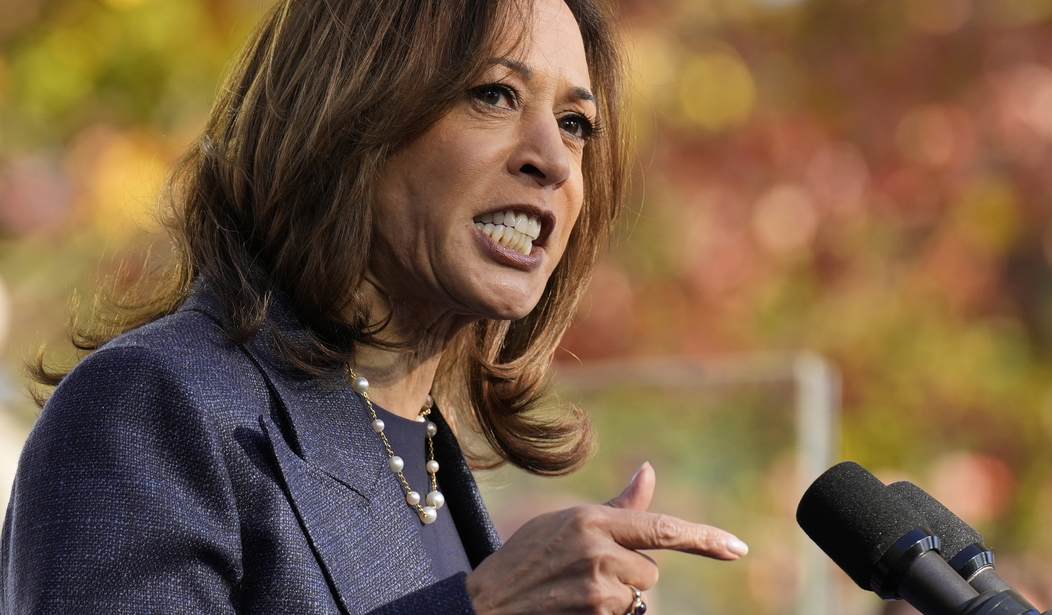House Minority Leader Nancy Pelosi
speaks during fellow House Democrats' news conference on Capitol Hill in
Washington, D.C., March 24, 2017.
(Reuters)
Democrats are on a wide-ranging
mission to wrest the veterans vote from Republicans – courting them with
the promise of better jobs and running dozens of returning military
service members in the 2018 midterms.
The effort reflects the party's
determination to retake control of at least one chamber of Congress next
year. While Republicans' ideals of a powerful military and a boot-strap
work ethic have long appealed to active and retired military – Donald
Trump won 60 percent of their vote last fall, exit polls showed –
Democrats think they can make inroads.
“We have seen an incredible amount of inspiring
Democratic veterans step up to run for Congress this cycle. And that has
absolutely helped us expand the midterm map and put Republicans further
on their heels,” Tyler Law, a Democratic Congressional Campaign
Committee spokesman, said.While the DCCC’s recruiting efforts have yielded roughly 30 military veteran candidates, House Democrats have also begun a separate effort to pursue better employment opportunities for veterans, part of their larger “Jobs for America” initiative.
“Our agenda cannot just be against Donald Trump, alluring as that may be,” New York Rep. Joe Crowley, chairman of the House Democratic Caucus, said Sept. 13 in announcing the Reinvesting in Our Heroes Task Force.
Trump, a Republican, in large part won the presidency by appealing to soldiers and veterans with promises to spend more on defense to confront foreign enemies while improving their healthcare in the Department of Veterans Affairs, whose previous conduct he called a “national disgrace.”
"I'm going to build a military that's going to be much stronger than it is right now,” Trump said weeks before winning the White House race. “It's going to be so strong, nobody's going to mess with us.”
And within weeks of taking office, he created a White House veteran-complaint hotline, signed a VA whistleblower protection law approved by the GOP-controlled Congress and proposed roughly $700 billion in additional Defense Department spending.
So Democrats have their work cut out in appealing to the same, powerful bloc.
Among the veteran candidates looking to knock off a sitting House Republican in 2018 is former Marine fighter pilot Amy McGrath, who has flown 89 combat missions and has an admitted chip on her shoulder.
“When I was 13, my congressman told me I couldn't fly in combat. He said Congress thought women ought to be protected and not allowed to serve in combat,” McGrath, a Naval Academy graduate, says in a video announcing her bid to unseat two-term Kentucky GOP Rep. Andy Barr.
2018 MIDTERMS: DEMS TARGET 80 HOUSE SEATS
David Wasserman, who analyzes House races for the nonpartisan Cook Political Report, acknowledged Wednesday that Republicans have had the edge with veterans.
“But the dynamics have changed with a lot of liberal-leaning veterans. And a number of them could have a really good chance next year of winning,” he said.
Wasserman also warned that winning candidates need more than a muscular military resume, including a command of policy -- but cited Brendan Kelly, in Illinois’ 12th Congressional District, and Pat Ryan, in New York’s 19 Congressional District, as candidates to watch.
Among the other candidates getting attention are Josh Butner, a 23-year Navy veteran and former SEAL whose family's military history dates back to the Mexican-American War.'We have seen an incredible amount of inspiring Democratic veterans step up to run for Congress this cycle.'
He’s challenging three-term GOP Rep. Duncan Hunter, who won reelection last year in his San Diego-area 50th Congressional District with nearly 64 percent of the vote.
Democrats have to gain 24 seats to take control of the House, with veteran candidates part of the party’s ambitious effort to compete next year in as many as 79 of the chamber’s 435 races.
Their odds of winning the Senate appear more of a longshot, considering Democrats have to defend 25 seats, despite needing only a net win of three to take the majority.
Republicans have fewer veteran candidates in 2018, but point out they already have a large number in Congress, with fortifying incumbents a priority.
“A large portion of our Republican congressional conference is veterans, and we have others this cycle looking to join their fellow servicemembers in Congress,” National Republican Congressional Committee spokesman Jesse Hunt said.
Among those running in 2018 are Steve Ferrara in Arizona’s 9th district; Dan DeBono in New York’s 3rd district; Andrew Grant in California’s 7th district; and Eddie Edwards in New Hampshire’s 1st district.
Ferrara is a retired Navy captain and doctor who pioneered life- and limb-saving surgical techniques on the battlefield.
Moving forward, jobs for veterans will be a focus for both parties.
The veteran unemployment rate continues to decline, at 3.7 percent in August compared to 4.3 percent at the same time last year.
But California Democratic Rep. Julia Brownley, co-chair of the House jobs task force, told Fox News more work is needed for veterans.
“Finding a high-quality job that meets their qualifications and potential is what most concerns those in the military. Servicemembers want to support their families and provide some stability, often after having to move so much,” she said.
Brownley, whose district includes Naval Base Ventura County, also argued that veterans, as a result of their military training, possess “intangibles” like leadership skills and team readiness that they occasionally undersell.
“Sometime a sailor might say, ‘My job was to swab the deck.’ But his job was really to be part of the team that makes sure planes land safely," she said. "That’s a really important skill.”




















